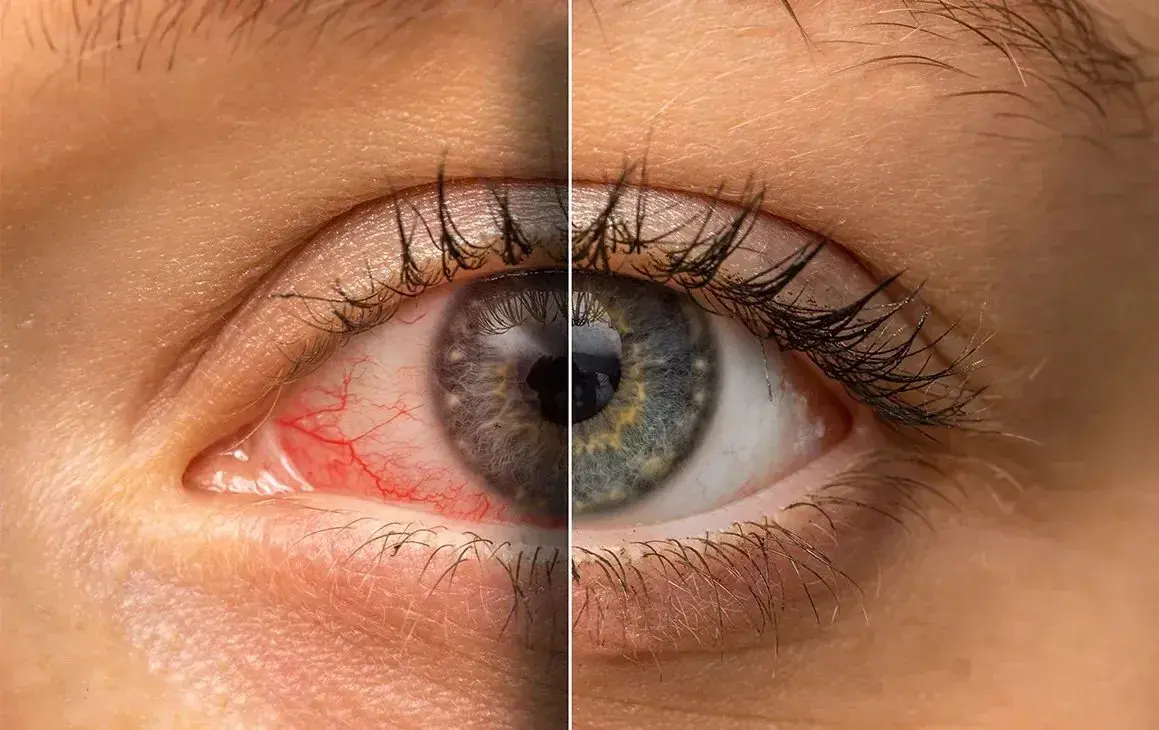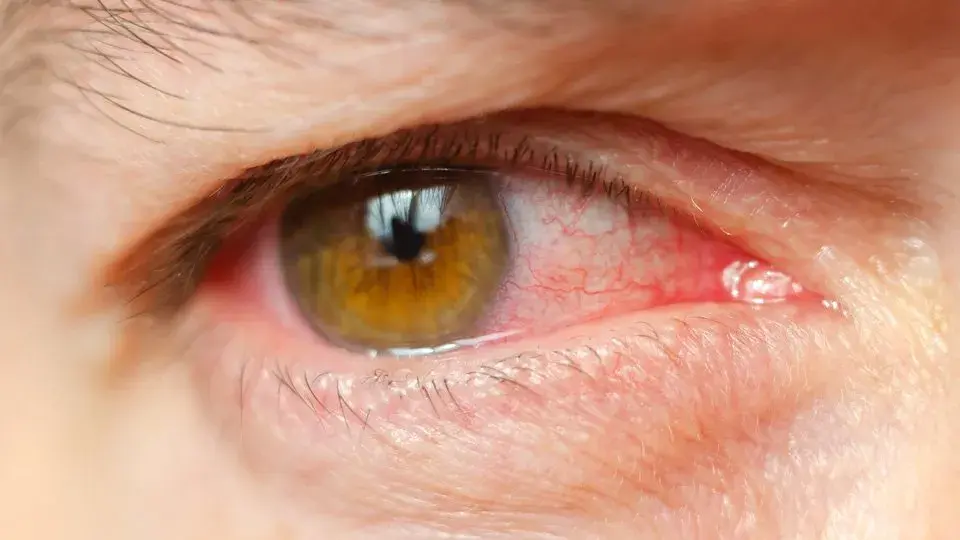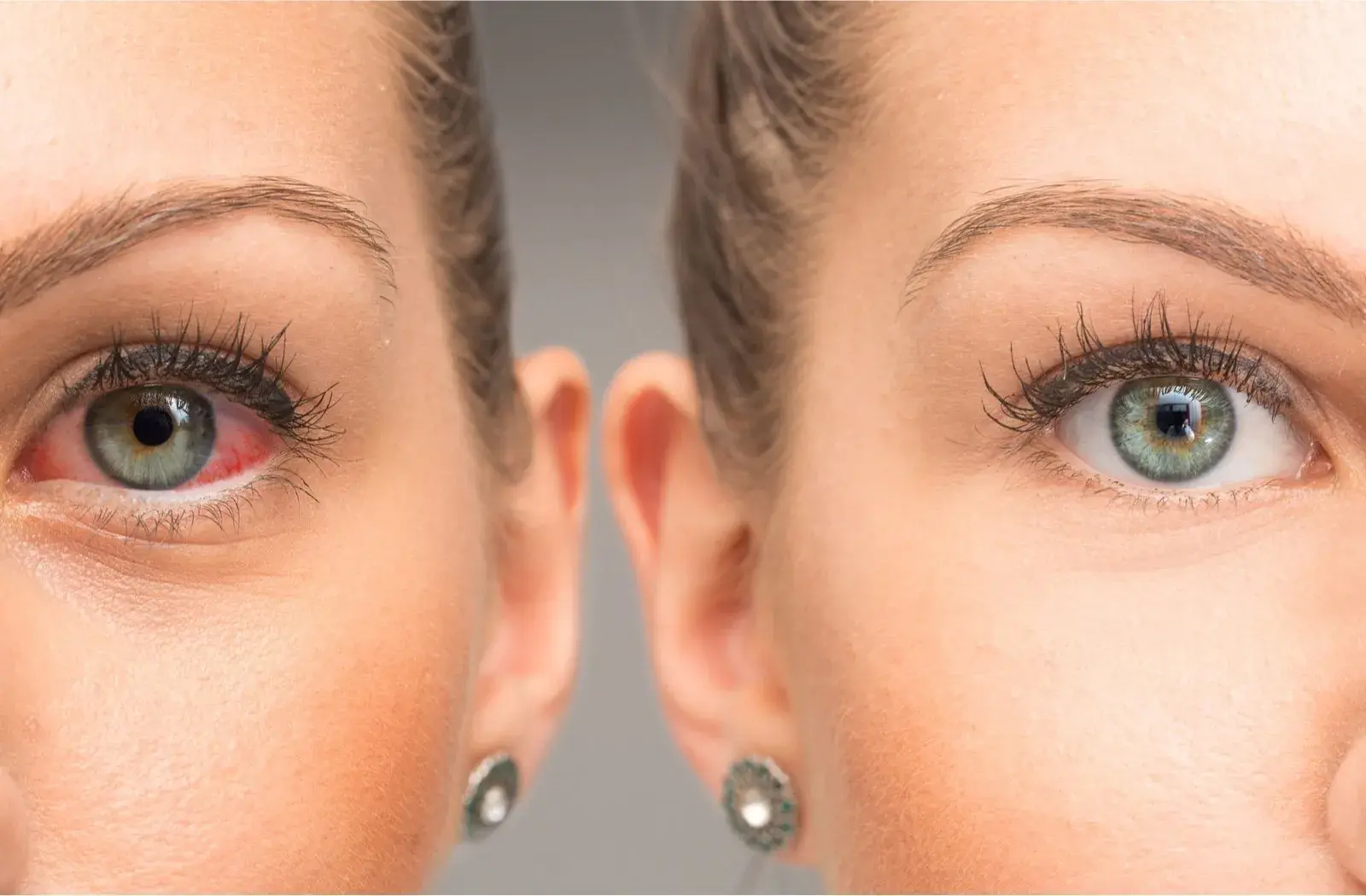Allergy Management: Relief for Ocular Allergies and Conjunctivitis — Dr Brendan Cronin Ophthalmologist

Ocular allergies and allergic conjunctivitis are among the most common causes of itchy, red, and watery eyes. For many patients, these conditions interfere with daily life, particularly during seasonal allergies when pollen levels are high. According to Dr Brendan Cronin, ophthalmologist, the key to successful allergy management is prevention, early treatment, and avoiding triggers that make symptoms worse.
Allergies are the result of the body’s immune system overreacting to otherwise harmless foreign substances such as dust mites, pet dander, mold allergy particles, or food allergens. While these substances may seem minor, they can lead to significant allergic symptoms ranging from mild eye irritation to a severe allergic reaction or even anaphylaxis in rare cases.
This guide will explain common triggers, outline effective allergy treatments, and provide insight into how Dr Brendan Cronin helps patients find relief from eye-related allergies.

Understanding Allergic Reactions and Their Impact on the Eyes
An allergic reaction occurs when the body identifies proteins in harmless substances as dangerous invaders. These proteins found in pollen, pet hair, or certain foods trigger the release of histamine, which leads to swelling, redness, itchy eyes, and watery eyes.
While most patients experience mild discomfort, others may face more significant consequences. For example:
- Life threatening allergic reaction: Rare but possible, particularly with insect stings, insect allergy, or food allergens like peanuts and shellfish.
- Severe reaction: Patients may develop difficulty breathing, hives, or swelling of the throat, requiring an epinephrine auto injector.
- Atopic dermatitis and allergic rhinitis: Skin and nasal allergies often accompany eye symptoms, creating a cluster of related conditions that require careful attention.
Because symptoms may overlap with infections, health professionals emphasize the importance of proper allergy tests, blood tests, and a thorough physical exam to determine the exact cause.
Common Allergies and Eye Health
Many common allergies directly affect the eyes, increasing the likelihood of allergic conjunctivitis. The following are frequent triggers:
- Pollen allergies: A major cause of hay fever and seasonal allergies, pollen grains can stick to eyelashes and worsen ocular allergies.
- Dust mites: Tiny creatures that thrive in bedding and carpets, often causing nasal allergies and sinus infection flare-ups.
- Animal dander and pet dander: Proteins from cats, dogs, and other pets may irritate sensitive eyes.
- Mold allergy: Mold spores thrive in damp environments and can inflame the eyes and nasal passages.
- Food allergies: While food triggers are less common in eye symptoms, some patients with drug allergies or food allergens can experience itchy eyes or swelling.
- Insect stings and insect allergy: These may cause localized swelling and, in rare cases, a life threatening allergic reaction.
Each patient’s experience is different, making personalized treatment options essential.

Allergy Treatments Recommended by Dr Brendan Cronin
For patients struggling with ocular allergies, Dr Brendan Cronin emphasizes safe, effective, and affordable strategies.
1. Preventive Eye Care
- Avoid allergens wherever possible. This may include using air filters, cleaning bedding, and wearing sunglasses outdoors during pollen allergies season.
- Never rub your eyes. Eye rubbing increases histamine release and can worsen eye damage, especially in patients with keratoconus.
2. Eye Drops and Medications
- Ketotifen (Zaditen): Affordable, over-the-counter antihistamine eye drops suitable for long-term use.
- Patanol (olopatadine): A prescription option when over-the-counter remedies are not effective.
- Lubricating eye drops: Wash away allergens and provide soothing relief.
- Allergy medicines like Zyrtec and Livostin may be used for breakthrough allergic symptoms but should be limited to avoid excessive dryness.
3. Comprehensive Treatment Options
- Nasal sprays: Helpful for nasal allergies and sneezing, reducing overall allergic load.
- Allergy shots (immunotherapy): Gradually train the immune system to tolerate allergens.
- Oral immunotherapy and sublingual immunotherapy: Emerging new treatments for specific food allergens and common allergens.
- Epinephrine auto injector: Critical for patients at risk of severe allergy or anaphylaxis.

Food Allergies and Eye Symptoms
While many patients associate food allergies with hives or stomach issues, they can also impact the eyes. For instance, swelling of the eyelids or redness may follow accidental exposure to food allergens such as nuts, shellfish, or dairy. Some patients may also develop atopic dermatitis or skin inflammation around the eyes after ingesting certain foods.
A board certified allergist or allergy specialist can perform allergy tests, such as blood tests, to identify potential food allergens. For patients at high risk, strict avoidance, an epinephrine auto injector, and careful treatment plans ascia action are crucial.
Allergy Management Strategies
To make allergy care simple, here are Dr Brendan Cronin’s top management strategies:
- Avoid allergens: Stay indoors during high pollen counts, reduce exposure to animal dander, and use air filters against dust mites and mold allergy.
- Use the most effective treatment: Start with over-the-counter options such as ketotifen drops, then escalate to prescription medications or allergy shots if symptoms persist.
- Seek professional advice: Consult health professionals or an allergy specialist for allergy tests and tailored treatment plans ascia action.
Risk Factors and Related Conditions
- Risk factors: Family history, exposure to common allergens, and pre-existing health conditions like asthma or allergic rhinitis.
- Related conditions: Sinus infection, asthma attacks, hives, atopic dermatitis, and ocular keratoconus aggravated by eye rubbing.
- Severe allergy complications: Potential for difficulty breathing, anaphylaxis, or hospitalization if left untreated.

Support and Resources
- National allergy council and Australasian society provide reliable patient education on clinical immunology and allergy treatments.
- Doctor and allergy specialist directories help patients find a trusted board certified allergist near them.
- Educational handouts, like those from Dr Brendan Cronin, guide patients in managing daily symptoms effectively.
New Treatments and Clinical Approaches
Recent advancements in clinical immunology have expanded treatment options for patients who do not respond to traditional therapies. Oral immunotherapy and sublingual immunotherapy have shown promise for desensitizing patients to food allergens, while ongoing research into biologic medications may revolutionize allergy treatments.
Patients with related conditions such as asthma attacks or allergic rhinitis benefit from integrated care that addresses multiple systems at once. Health professionals now emphasize combination therapy — eye drops, nasal sprays, and systemic allergy medicines — as part of comprehensive management.
When to See an Allergy Specialist
While most patients can manage mild symptoms with simple remedies like lubricating eye drops, a neti pot, and avoiding foreign substances, others may require specialist care. Signs that you should consult an allergy specialist or board certified allergist include:
- Persistent itchy eyes, watery eyes, or swelling lasting more than a few hours despite treatment.
- Severe reactions to food allergens, insect stings, or unknown common allergens.
- History of anaphylaxis or reliance on an epinephrine auto injector.
- Complications such as sinus infection, asthma attacks, or worsening atopic dermatitis.
Conclusion: Patient-Focused Allergy Care with Dr Brendan Cronin
Allergy management is not one-size-fits-all. By identifying triggers, using safe and effective allergy medicines, and working with health professionals, patients can find lasting relief from ocular allergies and allergic conjunctivitis.
Dr Brendan Cronin, ophthalmologist, emphasizes the importance of prevention, personalized treatment plans, and avoiding harmful habits like eye rubbing, particularly for those with keratoconus. Patients often report allergy symptoms such as itchy eyes, watery eyes, sneezing, and a runny nose.
These signs should not be ignored, especially if they persist despite over-the-counter treatments. Persistent symptoms may point to underlying conditions that require tailored medical care.
